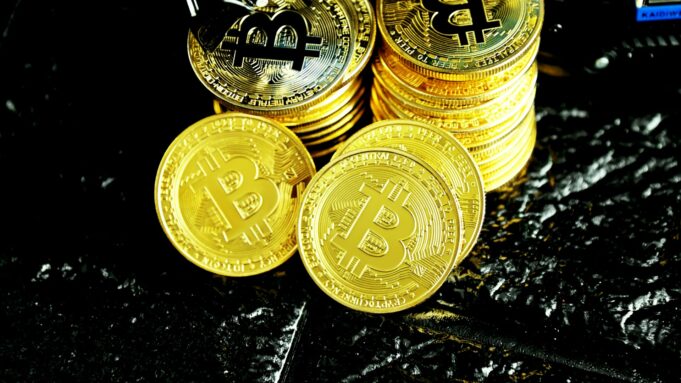Bitcoin mining has become a popular activity in recent years, with individuals and organizations investing significant resources into the process of generating new bitcoins. However, as the use of bitcoin mining grows, concerns are arising about the potential ethical implications of its use for nuclear proliferation.
The process of bitcoin mining involves solving complex mathematical equations in order to validate transactions on the blockchain network. The reward for successfully completing these equations is a new bitcoin. The process requires significant computing power, which is typically provided by specialized hardware known as mining rigs.
In recent years, it has become increasingly common for individuals and organizations to invest in large-scale mining operations. These operations require significant resources, including electricity and cooling systems, to keep the mining rigs running. As a result, many mining operations are located in areas with low electricity costs, such as regions with abundant hydroelectric power.
However, the use of large amounts of electricity for bitcoin mining has raised concerns about the potential impact on the environment. Critics argue that the energy consumption required for mining is wasteful and contributes to climate change. Additionally, the use of bitcoin mining for nuclear proliferation is a serious concern.
Bitcoin mining has been identified as a potential tool for funding nuclear proliferation. In theory, a state or organization could use the proceeds from bitcoin mining to finance the development or acquisition of nuclear weapons. This is a serious concern, as nuclear weapons pose a significant threat to global security and stability.
The ethical considerations around the potential use of bitcoin mining for nuclear proliferation are complex. On the one hand, the use of bitcoin mining to finance the development or acquisition of nuclear weapons is clearly unethical. Nuclear weapons are highly destructive and pose a significant threat to human life and the environment. The use of any means to acquire them is highly problematic.
On the other hand, it is difficult to regulate the use of bitcoin mining. The decentralized nature of the blockchain network makes it difficult to track the use of bitcoins, and it is difficult to identify the source of funds used for mining. Additionally, many mining operations are located in countries with weak regulatory environments, making it difficult to monitor their activities.
Despite these challenges, there are steps that can be taken to mitigate the ethical concerns around the use of bitcoin mining for nuclear proliferation. One approach is to increase transparency in the bitcoin mining industry. This could involve requiring mining operations to disclose their funding sources and the locations of their operations. Additionally, governments could impose stricter regulations on mining operations, including requirements for environmental impact assessments and the use of renewable energy sources.
Another approach is to increase international cooperation to prevent the use of bitcoin mining for nuclear proliferation. This could involve greater collaboration between governments and international organizations to monitor the use of bitcoin and identify any suspicious activity. Additionally, governments could work together to develop common standards for regulating the bitcoin mining industry.
Ultimately, the ethical considerations around the use of bitcoin mining for nuclear proliferation are complex and difficult to address. However, it is clear that there is a need for greater transparency and international cooperation to prevent the misuse of this technology. By working together, governments and international organizations can help ensure that bitcoin mining is used for legitimate purposes and does not contribute to global security threats.

























